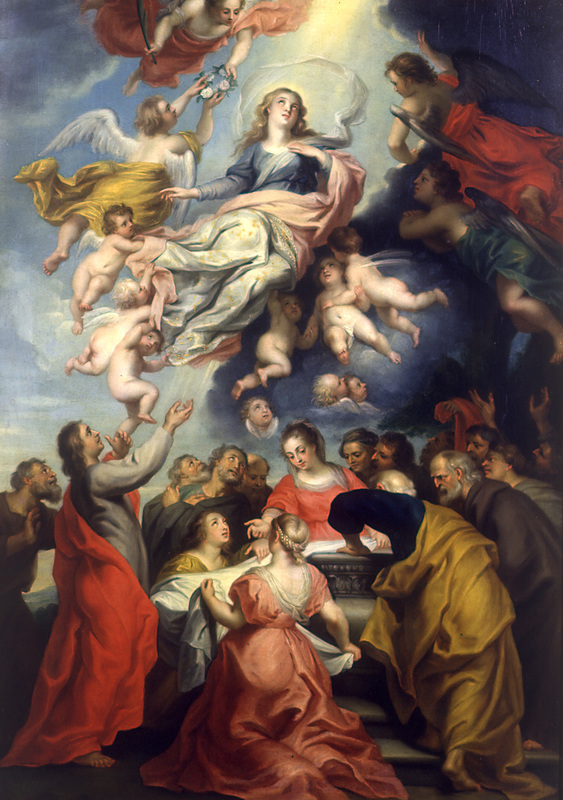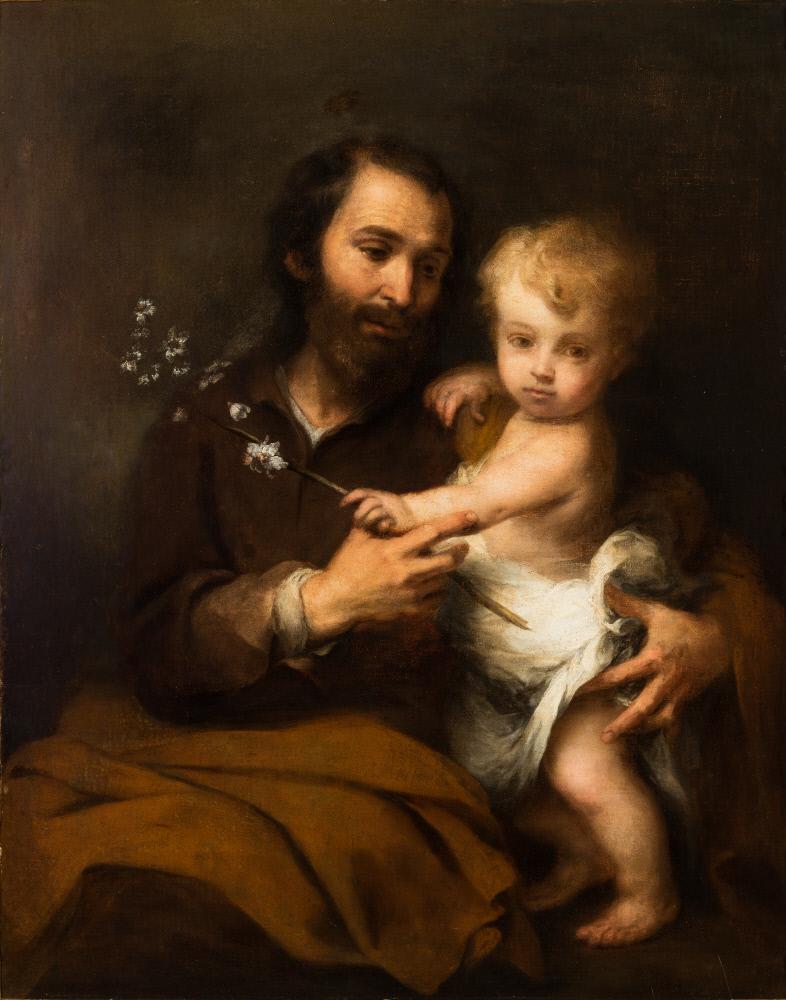
Chapel of the first live nativity in Greccio, Italy (Photo courtesty of Wikicommons Images , Fiat500e, CC BY 4.0 DEED)
by Theresa Cavicchio, OFS
For the many Franciscans around the world of the First, Second, and Third Orders – clerical, religious, and lay – the year 2023 inaugurated a series of important 8th-centenaries which will culminate in 2026. For our purposes, the timeliest of these has a deep spiritual significance as we approach Christmas this year.
Read the rest
by Theresa Cavicchio“[The Lord] said to me, ‘My grace is sufficient for you, for power is made perfect in weakness’ … Therefore, I am content with weaknesses, insults, hardships, persecutions, and constraints, for the sake of Christ; for when I am weak, then I am strong” (2 Cor 12:9 - 10).
Read the rest

Margalita Poletunow, LPC, LPCMH
There is something to be grateful for all the time. However, it is not human nature to feel thankful during difficult or painful situations. Therefore, how can a woman who has suffered a miscarriage or stillbirth find the will to be thankful while still grieving?
Read the rest

The Last Communion of St. Francis by Peter Paul Rubens
by Theresa Cavicchio, OFS
The feast of Saint Francis of Assisi (1182 – 1226 A.D.) is celebrated each year on October 4th, often with commemorations of his renowned devotion to all of God’s creation. Some of the faithful take beloved pets to receive a special blessing in his name. Others recall his care for the environment, a particularly timely topic dear to the heart of Pope Francis. Still others renew their attraction to his life of simplicity and poverty.
Read the rest

by Theresa Cavicchio
Mary, Mother of Our Lord Jesus Christ, has merited numerous titles down through the centuries, many very familiar. Sometimes, though, a new title comes our way – a hidden gem revealing to the faithful another jewel in the crown of devotion to Our Lady.
Read the rest

by Margalita Poletunow, LPC, LMHC
Here are some of the justifications that women provide for keeping their miscarriages or their infertility journey private.
Read the rest

by Theresa Cavicchio
As the summer weeks wind down, many of us delight in contemplating times spent by the sea – in reality, or only in our imaginations.
Read the rest

by Theresa Cavicchio
“The Most Blessed Virgin Mary, when the course of her earthly life was completed, was taken up body and soul into the glory of heaven, where she already shares in the glory of her Son’s Resurrection, anticipating the resurrection of all members of his Body” (Catechism of the Catholic Church, 974).
Read the rest

by Theresa Cavicchio
On August 11, 1253 A.D., Clare of Assisi, abbess of the Community of Poor Ladies of San Damiano, breathed her last on earth. Born to the noble Offreduccio family (1193/4 A.D.), she was moved by the persuasive preaching of Francis of Assisi, renouncing her birthright and worldly riches to follow him in poverty and adherence to the Gospel of Jesus Christ. Thus began the Second Order of Franciscans, this one for women, later known as the Poor Clares.
Read the rest

by Theresa Cavicchio
“With a Father’s Heart: that is how Joseph loved Jesus, whom all four Gospels refer to as ‘the son of Joseph’” (Apostolic Letter Patris Corde).
Read the rest
 Chapel of the first live nativity in Greccio, Italy (Photo courtesty of Wikicommons Images , Fiat500e, CC BY 4.0 DEED)
Chapel of the first live nativity in Greccio, Italy (Photo courtesty of Wikicommons Images , Fiat500e, CC BY 4.0 DEED)







